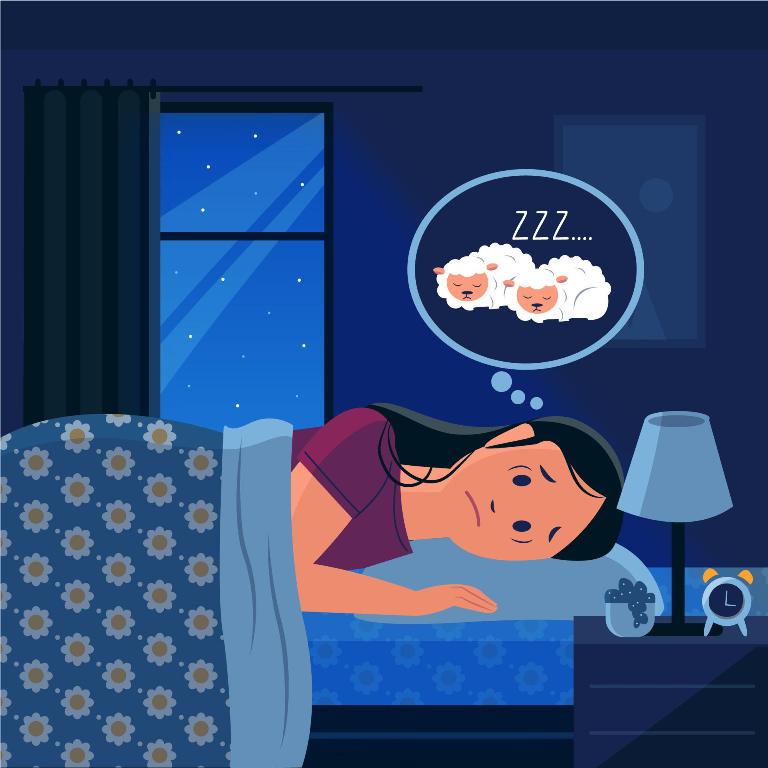Keto insomnia can be a frustrating hurdle for those embarking on the ketogenic diet journey. Understanding how long it lasts and how to manage it is crucial for maintaining overall well-being. In this comprehensive guide, we’ll delve into the intricacies of keto insomnia, exploring its causes, duration, and effective strategies for alleviation.
Table of Contents
- Introduction to Keto Insomnia
- Causes of Keto Insomnia
- Duration of Keto Insomnia
- Strategies to Alleviate Keto Insomnia
- Coping with Persistent Keto Insomnia
Key Takeaways
- Keto insomnia is a common challenge faced by individuals transitioning to the ketogenic diet.
- The duration of keto insomnia varies, but it typically occurs during the initial stages of the diet.
- Causes of keto insomnia include metabolic changes, hormonal fluctuations, and electrolyte imbalances.
- Effective strategies for managing keto insomnia include lifestyle adjustments, relaxation techniques, and dietary tweaks.
- If insomnia persists despite interventions, it’s important to seek professional guidance.
Introduction to Keto Insomnia
Keto insomnia can disrupt your sleep patterns, leaving you feeling fatigued and irritable. It’s a common phenomenon experienced by many individuals who embark on the ketogenic diet, especially during the initial stages of adaptation. While the ketogenic diet offers numerous health benefits, such as weight loss and improved metabolic health, it can also trigger temporary disruptions in sleep.
Understanding the duration of keto insomnia and implementing effective strategies to manage it is essential for maintaining overall well-being throughout your ketogenic journey.
Causes of Keto Insomnia
Keto insomnia is attributed to various factors, including:
Metabolic Changes
As your body transitions into a state of ketosis, where it primarily burns fat for fuel instead of carbohydrates, it undergoes significant metabolic changes. These shifts can impact your sleep-wake cycle, leading to disruptions in sleep patterns.
During the initial stages of ketogenic adaptation, your body may struggle to efficiently utilize ketones for energy, resulting in fluctuations in blood sugar levels that can interfere with sleep.

Hormonal Fluctuations
Hormones play a crucial role in regulating your sleep cycle. When you transition to the ketogenic diet, changes in hormone levels, such as insulin and cortisol, can occur. These fluctuations may disrupt your body’s natural rhythm, making it challenging to fall asleep or stay asleep throughout the night.

Electrolyte Imbalances
Electrolytes are essential minerals that help maintain fluid balance, nerve function, and muscle contractions in the body. During the ketogenic diet, especially in the initial stages, you may experience electrolyte imbalances due to increased excretion of water and minerals.
Common electrolytes that may be affected include sodium, potassium, and magnesium. These imbalances can contribute to symptoms of insomnia, such as muscle cramps and restless legs syndrome.
Duration of Keto Insomnia
The duration of keto insomnia can vary from person to person. While some individuals may experience transient sleep disturbances that resolve within a few days or weeks, others may struggle with insomnia for a more extended period.
Generally, keto insomnia tends to occur during the initial stages of adopting the ketogenic diet. As your body adjusts to burning fat for fuel and enters ketosis, sleep patterns may temporarily become disrupted.
For most individuals, keto insomnia typically peaks within the first week of starting the diet and gradually improves as the body adapts to the metabolic changes. However, it’s essential to note that individual factors, such as overall health, stress levels, and pre-existing sleep disorders, can influence the duration and severity of insomnia.
Strategies to Alleviate Keto Insomnia
Fortunately, there are several strategies you can employ to mitigate the effects of keto insomnia and improve the quality of your sleep:
Lifestyle Adjustments
Maintaining a consistent sleep schedule by going to bed and waking up at the same time every day can help regulate your body’s internal clock and promote better sleep.
Creating a relaxing bedtime routine that includes activities such as reading, taking a warm bath, or practicing meditation can signal to your body that it’s time to wind down and prepare for sleep.

Dietary Tweaks
Adjusting your dietary intake of certain foods and nutrients can also support healthy sleep on the ketogenic diet. Consuming foods rich in magnesium, such as leafy green vegetables, nuts, and seeds, can promote relaxation and help regulate sleep.
Limiting caffeine and alcohol intake, especially in the hours leading up to bedtime, can also contribute to improved sleep quality. Caffeine can interfere with your ability to fall asleep, while alcohol can disrupt your sleep cycle and lead to fragmented sleep.
Coping with Persistent Keto Insomnia
If you find that keto insomnia persists despite implementing lifestyle changes and dietary adjustments, it’s essential to seek professional guidance. A healthcare provider or sleep specialist can help identify underlying factors contributing to your sleep disturbances and recommend appropriate interventions.
Alternative approaches, such as cognitive-behavioral therapy for insomnia (CBT-I) or relaxation techniques, may also be beneficial in managing persistent *keto insomnia*.
Frequently Asked Questions about Keto Insomnia
1. Why does keto cause insomnia?
*Keto insomnia* can occur due to various factors, including metabolic changes, hormonal fluctuations, and electrolyte imbalances associated with the ketogenic diet.
2. Is keto insomnia temporary or long-term?
*Keto insomnia* is typically temporary and tends to occur during the initial stages of transitioning to the ketogenic diet. However, individual factors can influence the duration and severity of insomnia.
3. What are the best remedies for keto insomnia?
Effective remedies for *keto insomnia* include lifestyle adjustments, such as maintaining a consistent sleep schedule and practicing relaxation techniques, as well as dietary tweaks, such as consuming magnesium-rich foods and limiting caffeine and alcohol intake.
4. Can keto insomnia be a sign of underlying health issues?
In some cases, *keto insomnia* may be indicative of underlying health issues, such as hormonal imbalances or pre-existing sleep disorders. It’s essential to consult with a healthcare provider if insomnia persists or worsens.
5. How can I differentiate between keto insomnia and other sleep disorders?
While *keto insomnia* shares similarities with other sleep disorders, such as insomnia disorder, it is typically transient and occurs in the context of transitioning to the ketogenic diet. Consulting with a healthcare provider can help differentiate between *keto insomnia* and other sleep disorders based on your symptoms and medical history.
Conclusion
In conclusion, experiencing insomnia on a ketogenic diet is a common challenge encountered by individuals transitioning to this eating plan. While it can be frustrating, gaining insight into the causes and duration of this type of insomnia is crucial for effectively managing it.
By incorporating lifestyle adjustments, such as establishing a regular sleep routine and engaging in relaxation practices, along with making dietary modifications to promote better sleep, you can mitigate the effects of insomnia associated with keto.
If persistent insomnia persists despite these efforts, seeking professional guidance from a healthcare provider or sleep specialist is advisable. They can assist in identifying underlying factors contributing to sleep disturbances and recommending appropriate treatments.
It’s important to remember that insomnia related to the ketogenic diet is usually temporary and tends to improve as the body adapts to this eating regimen. Prioritizing good sleep habits and addressing any underlying issues can enhance sleep quality and contribute to overall well-being on the ketogenic journey.






